Business Dissolution
Contact Us Today!
Thompson Law Group advises LLCs and corporations in financial distress about dissolution and winding up using state law. If bankruptcy may be a solution for you personally or your business, we will refer you to a bankruptcy attorney. Thompson Law Group does not file any type of bankruptcy at this time.
Our Business is helping you with your business.

Is your Business Overwhelmed by Debt?
BREATHE. There are options.
There are many reasons why a business may become financially distressed. Unfortunately, this happens. Fortunately, we have laws to help. It is imperative that at the time the business begins to struggle or a struggle is imminent that business management seeks advice so that the business is prepared for whatever happens. Businesses need to plan for the worst (shutdown) and hope for the best (sale or reorganization).
Set up a consultation today, so you can get real information about what options are available to reorganize or the business.

We WILL Get Through This TOGETHER.
Thompson Law Group has been helping business owners through the emotional and intimidating process of business closure since 2005. Not every case is the same, but we will find the right option for you and your business.
If you find your business in financial distress or THINK it will be in financial distress imminently, contact us as soon as possible so you know your options. It is critical to prepare for a business shutdown as soon as possible so that you do not inadvertently eliminate your options. Sometimes with the right advice, business owners are able to turn the business around or find other avenues to pursue. Regardless, you need solid legal advice on all available options.
Many times, it is easier and faster to file a personal bankruptcy for the business owners of a company in financial distress. If this is an option to explore, we will work in concert with your bankruptcy attorney (or refer you to one) to ensure that your business is shut down appropriately in preparation for your bankruptcy.
YOU. WILL. SURVIVE. EVEN IF YOUR BUSINESS CLOSES.
We do not accept credit card payments for any bankruptcy services or consultations and services for businesses in financial distress. Please contact our office to make payment arrangements.
The information provided in this website is meant only as a general description of the current laws as of the date of the writing. It is not meant to be an exhaustive discussion of all the nuances of the law and is intended to be only an overview. Many issues may appear simpler than they are, and an individual should always contact an attorney to obtain a complete, accurate interpretation of the law given the individual's particular circumstances. Thompson Law Group, P.C. makes no representations as to how the law would affect a particular situation and intends only to illustrate areas of concern and give general information.



